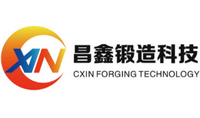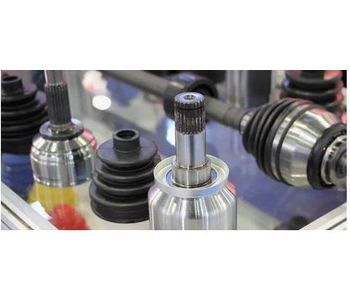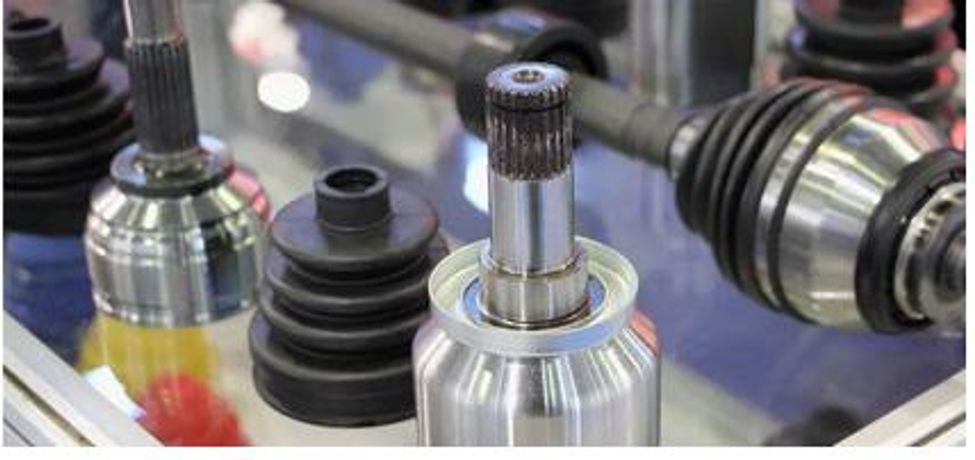
Forming Method for Auto Parts - Automobile & Ground Transport
Forging can produce stronger auto parts than cast or machined auto parts. In terms of strength and reliability, nothing beats forgings. The advancement of forging technology has expanded the shape, size, and performance range of forged products to meet extensive design and performance requirements.
-
Most popular related searches
Details
Where strength, reliability, economy, impact resistance, and fatigue resistance are crucial considerations, forgings are often designated for key auto parts. Forged materials provide the required degree of high or low temperature performance, ductility, hardness, and workability.
Die forging can be used to manufacture auto parts made of almost all metal alloys, including carbon steel, alloy steel, aluminum alloy, and stainless steel. Since there are no material restrictions, it is possible to manufacture parts that match your exact needs for automotive applications.
The closed-die forging method can produce near-net shapes of all auto parts. Therefore, these forged auto parts require almost no machining, which saves time and money. The long-term benefits of cold forging auto parts outweigh the benefits of cast and machining.
In the next few decades, electric vehicles will surpass the automotive industry. Mainstream automobile companies such as Audi, Mercedes-Benz, Toyota, and General Motors have proposed to gradually stop producing all diesel and gasoline-powered vehicles and shift their entire fleet to electric vehicles. The whole world is looking forward to a more environmentally friendly and electric future.
Car designers and manufacturers are always looking for the best balance between price and performance. In diesel locomotives, a large number of internal metal parts make this a more subtle balancing act. A small increase in the price of each component will have a significant impact on the final manufacturing price of the vehicle. The simplicity of electric vehicle design makes fully forged aluminum vehicles an even more attractive option.
Compared with castings and machined parts, the benefits of forged aluminum parts are obvious. But what makes them so suitable for the emerging electric vehicle manufacturing industry? Below are factors making forged aluminum parts the right choice for electric vehicles:
As the demand for many moving parts is reduced and certain subsystems are completely absent in electric vehicles, the design of mechanical parts will be inherently simpler. Forged aluminum components allow designers to combine simple geometric shapes for a more significant impact, which is important because many engineering resources are currently dedicated to battery pack design.
Due to its structure and production properties, it is superior to castings. Forged aluminum parts perform better than cast or machined auto parts in terms of strength, reliability, and weight. Better performance and higher reliability for luxury or consumer vehicles will lead to consumer loyalty and better sales.
Electric car manufacturers will benefit from the upcoming revolution in car sales. Those companies that are prepared to offer faster products can get the most sales. Because there are fewer parts to purchase, production of these electric vehicles will be fast. Therefore, the rapid supply of all EV components and faster factory turnover is critical to meeting production standards and market demand.
Since its establishment, CxinForging has focused on applying hot forging, warm forging, cold forging, and machining technologies of aluminum alloy, carbon steel, and alloy steel to motor vehicles, agriculture, forestry, and environmental protection. We also forge for the mining machinery, electromechanical semiconductor equipment parts, and other industries.
We have many years of experience in manufacturing a variety of high-performance, critical, and safety components, focusing on forging material characteristics, mold design, process design, and material heat treatment key technologies. Our engineers are providing a full range of services from concept to product design, engineering, manufacturing, testing, and verification.
At present, we will mainly enter the OEM supply chain for the vast European and American automotive markets, hoping to have direct cooperation capabilities. We have long-term experience in manufacturing forged parts for many American and Japanese automobiles. We can provide forged and machined parts of various automobile chassis and transmission parts for the automotive aftermarket. In the future, we will continue to improve our technology to serve more customers.
You can order a range of vehicle accessories with us, including spline, spline shaft, spline gear, universal joints, and balance shafts. We are also forging connecting rods, idler arms, shifter linkage, steering & suspension parts, tie rod ends, ball joint housings, clamp studs, engine parts, door hinges, and many others.


